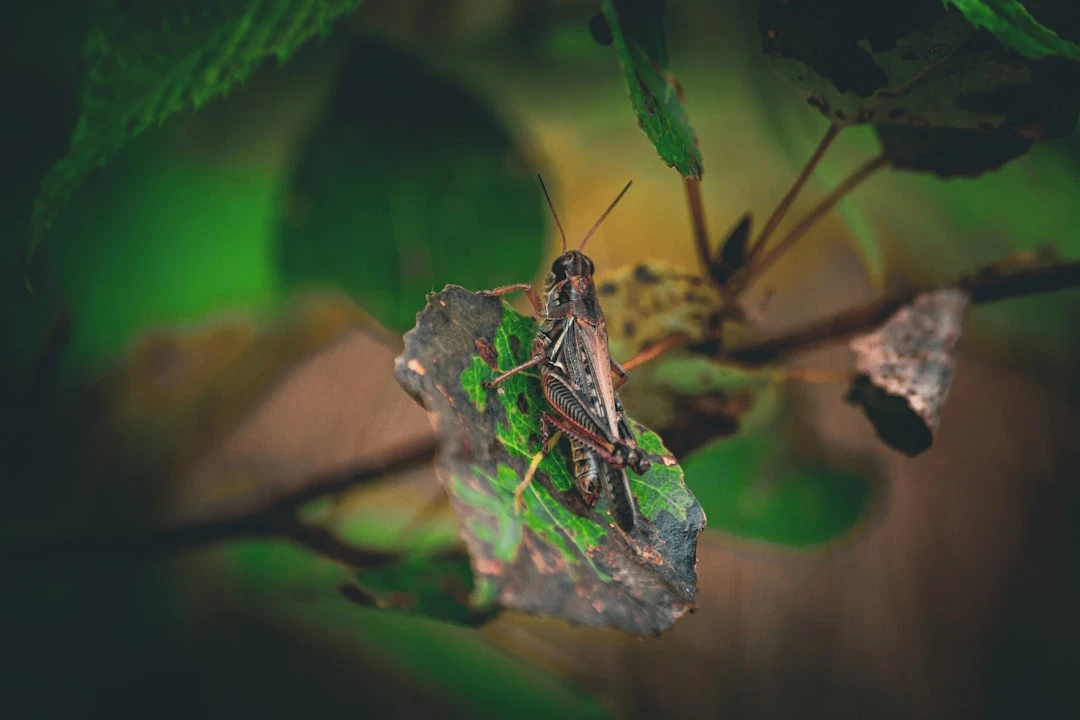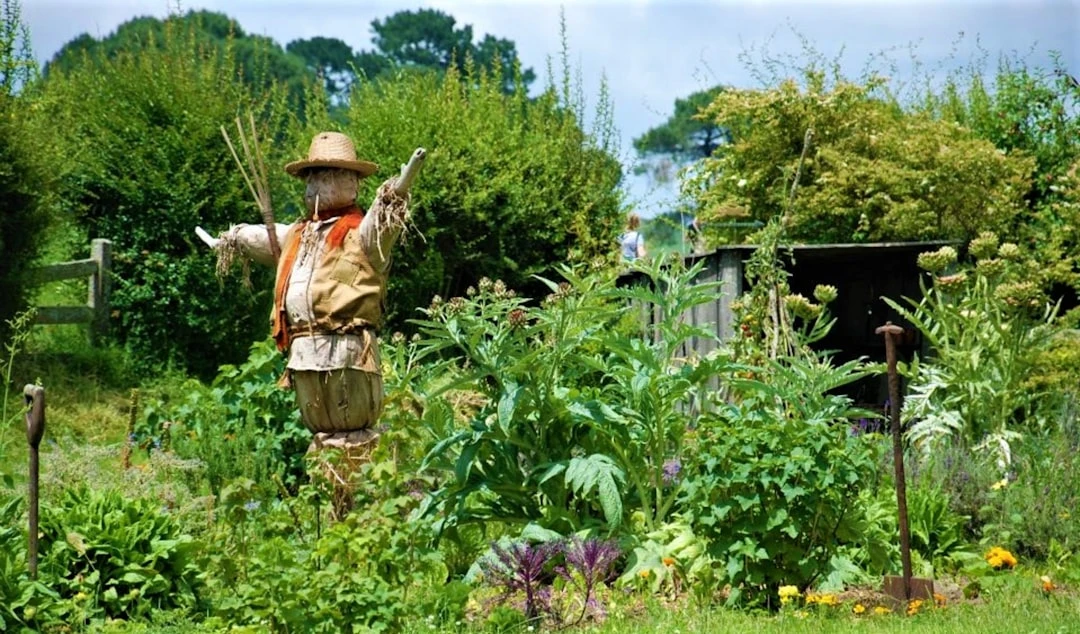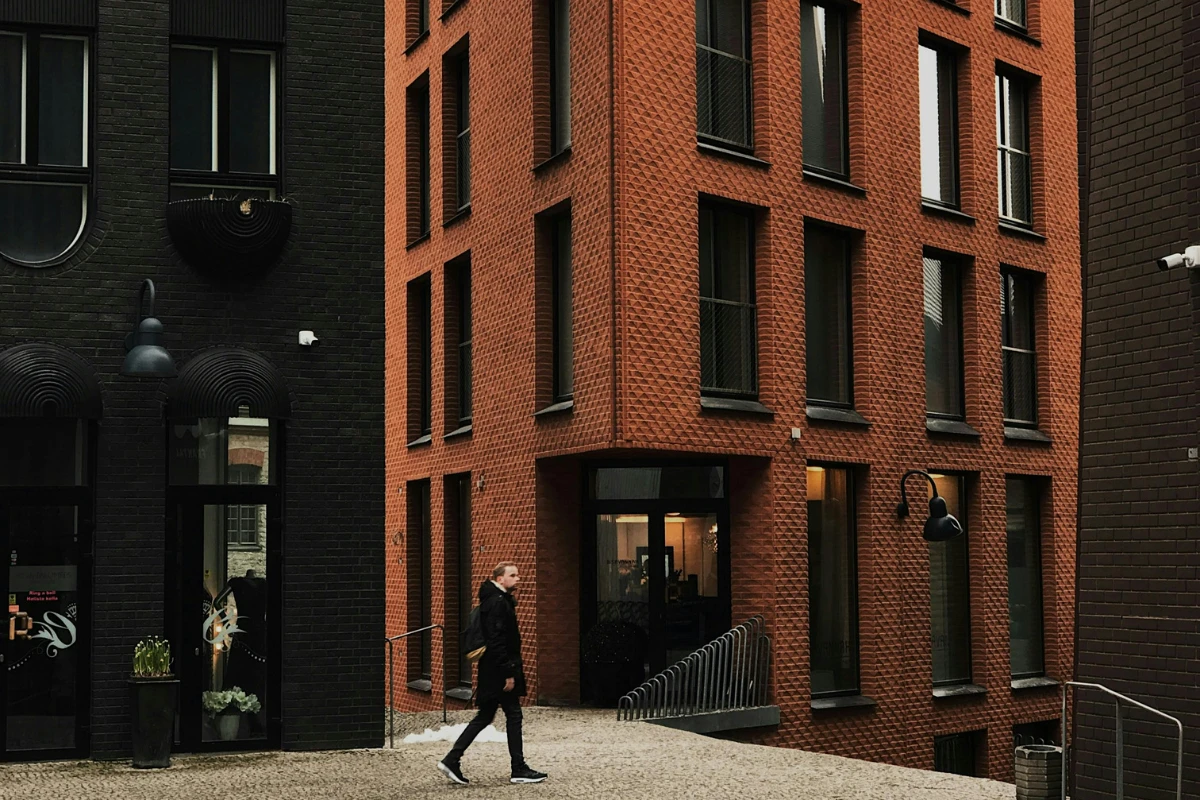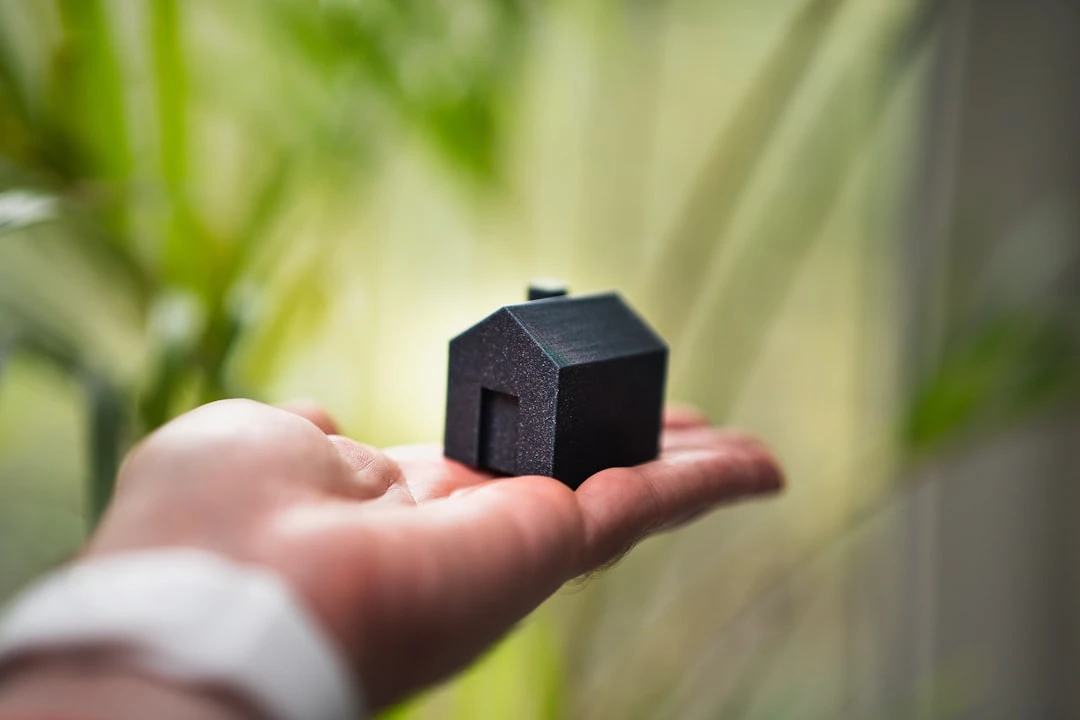Homemade Methods for Repelling Mosquitoes and Wasps

Summer in Estonia brings many joys of spending time outdoors, but unfortunately also unpleasant encounters with mosquitoes and wasps. The constant buzzing of these insects and annoying bites can ruin both grilling on the terrace and peaceful evenings in the garden. Fortunately, there are many natural and homemade solutions that help keep insects away without harsh chemicals.
Natural ways to repel mosquitoes
Mosquitoes are among the most annoying summer guests, but there are several effective natural remedies to keep them away that work just as well as many store-bought products.
Essential oils
Many essential oils contain compounds that smell unpleasant to mosquitoes:
Tea tree oil - This strongly scented oil acts as a repellent for mosquitoes. Mix a few drops of tea tree oil with water and spray it on the outdoor area or apply it diluted to your skin. Tea tree oil contains terpenes that interfere with mosquitoes' sense of smell and make you "invisible" to them.
Lemon-eucalyptus oil - Research has shown that lemon-eucalyptus oil is one of the most effective natural mosquito repellents, which can compete in effectiveness even with DEET-containing products. This naturally derived oil works for up to 3 hours, making it an excellent choice for evening outdoor events.
Lavender oil - In addition to providing a soothing scent, lavender oil is an effective mosquito repellent. Apply a few drops of diluted oil to your wrists, neck, or pillow. The sweet fragrance of lavender is pleasant to humans but unpleasant to insects.
The power of plants
Some plants emit scents that keep mosquitoes away:
Lemon grass - Lemon grass planted in a garden or on a balcony emits a mosquito-repelling scent. This attractive tall grass not only is practical but also adds an exotic appearance to the garden. Lemon grass leaves can also be used to make tea or to flavor food.
Pine cones - Burning pine cones in a fire produces smoke that helps repel mosquitoes. The resins and essential oils in pine cones burn slowly and create thick smoke that forms a natural barrier against insects. This is a particularly useful method for evening bonfires.
Basil and mint plants - These herbs not only enrich your green space but also help keep mosquitoes away. Basil contains eugenol, which is known as a mosquito repellent, and the strong scent of mint plants masks the human odor that would otherwise attract mosquitoes.
If you're interested in improving your outdoor area with plants that provide both mosquito repelling and visual appeal, it's worth exploring different garden planning options or considering buying a house with a good garden. A well-planned garden can be not only aesthetic but also functional, providing natural protection against insects.
Homemade solutions against wasps
Wasps are another major concern in outdoor areas during summer, especially when planning picnics or grilling. Although wasps are important pollinators, their excessive presence can make spending time outdoors unpleasant.
Natural repellents
Vinegar - Mix equal parts water and apple vinegar and spray the mixture on areas where wasps frequently move. Vinegar masks the smell of sweet foods that would otherwise attract wasps. Regular spraying can significantly reduce the number of wasps in your outdoor area.
Cinnamon and clove mixture - Wasps hate cinnamon and cloves. Hang small bags filled with cinnamon powder or place lemon slices studded with cloves in areas you want to keep wasp-free. Cinnamon and cloves contain eugenol, which has an unacceptable smell to wasps.
Wasp traps - Make a homemade trap by filling a bottle with something sweet (beer, syrup, or a mixture of juice and water). Cut holes in the bottle through which wasps can enter but cannot exit. Wasps, attracted by the sweet smell, get trapped and cannot escape. Place traps in strategic locations around the outdoor area, but not directly near tables or seating areas to avoid attracting wasps to your vicinity.
Preventive measures
Covering food - Always cover food served outdoors with a lid or food cover. Wasps respond quickly to the smell of food, especially sweet and meat foods. Using a food cover is not only hygienic but also keeps wasps away.
Managing trash cans - Keep trash cans clean and tightly closed. Regular trash can cleaning removes food scraps that can attract wasps. Use trash cans with tightly closing lids and made of sturdy material.
Careful consumption of sweet drinks - Sweet drinks attract wasps, so use containers with closed lids. Drinks with lids or straws significantly reduce the risk of a wasp getting into your drink, which can lead to accidental stings.
Environmentally friendly solutions against both insects
Preparing your home and outdoor area
Removing standing water - Mosquitoes breed in standing water, so empty or remove containers that collect water, such as flower pots, gutter bases, and uncovered bathtubs. Even small amounts of standing water, such as in a flower pot saucer, can become a breeding ground for mosquitoes. Check your outdoor area regularly after rain to find and remove possible water collection spots.
Screens and covers - Install insect screens on windows and doors, and if needed, use mosquito netting around your bed. Modern insect screens are thin and almost invisible but provide effective protection against insects. Magnetic insect screen doors are particularly convenient as they close automatically and don't obstruct movement.
Yard maintenance - Mow the lawn regularly and trim bushes to reduce mosquito and wasp nesting sites. Tall grass and dense vegetation provide a shaded and moist environment where mosquitoes can hide during the day. Also regularly remove fallen fruits and compost piles that can attract wasps.
If you live in an apartment with a balcony, you can also use insect screens and plants to keep insects away. When renting an apartment or buying a new home, it's definitely worth paying attention to the presence of insect screens. On an apartment balcony, you can also use repelling plants such as basil, lavender, or lemon grass, which in addition to their practical use beautify the balcony and create a pleasant atmosphere.

Natural homemade spray mixtures
Homemade mosquito repellent mixture:
10 drops of lemon-eucalyptus oil
10 drops of tea tree oil
10 drops of lavender oil
1/4 cup of distilled water
1/4 cup of white vinegar
Mix the ingredients in a spray bottle and use in the outdoor area or apply diluted to your skin. This mixture creates an aroma barrier that masks the human scent that mosquitoes usually track. Use this especially in the evenings when mosquito activity is highest.
Homemade wasp repellent mixture:
2 parts white vinegar
1 part water
10-15 drops of peppermint oil
Mix the ingredients in a spray bottle and spray into areas where wasps may nest or move. Wasps avoid peppermint scent, while vinegar neutralizes odors that could attract them. Use this mixture regularly, especially before eating outdoors or gatherings.
Recommendations for summer home or countryside home owners
If you own a summer home or countryside home, you may find yourself faced with a larger number of insects than in the city. In rural areas, natural vegetation and water bodies promote insect activity. Here are some specific recommendations:
Smoke candles - Place smoke candles with lemon or citronella scent around the terrace or outdoor area. These candles create a pleasant atmosphere for outdoor meals and parties while keeping insects away. Place candles strategically to create an insect-free zone right where you need it most.
Ultrasonic devices - Certain ultrasonic devices can help keep insects away, although their effectiveness can vary. These devices are powered by batteries or solar panels and are almost invisible in the environment. Unlike chemical repellents, they are safe to use near pets and children.
Natural topical remedies - Make a mixture containing essential oils and coconut oil that can be applied to your skin before going outdoors. Coconut oil is an excellent base oil because it absorbs well into the skin and also acts as a moisturizer. Add to the coconut oil, for example, lemon-eucalyptus oil, peppermint oil, or citronella oil to create an effective natural insect protection.
Outdoor dining - Plan meals according to insect activity periods – wasps are less active in early morning and late evening. Morning coffee or dinner on the terrace can be significantly more pleasant if you account for insects' natural rhythms. Also use dish washing products with neutral scents, as strongly scented products can attract wasps.
If you're considering acquiring property abroad, it's worth researching the specific insect characteristics in those areas and methods of dealing with them, as these can differ significantly from Estonian conditions. For example, in Mediterranean regions, different insect species like mosquitoes or termites may cause problems, which require a different approach.
How to cope with insect bites
If despite all precautions you still get an insect bite, it's important to know how to relieve it:
Mosquito bites - Wash the bite area with cold water and soap. The itching from the bite is relieved by a cold compress, baking soda paste, or diluted tea tree oil. To make a baking soda paste, mix baking soda with a small amount of water until you reach a paste consistency and apply it directly to the bite. This neutralizes the acidic environment in the skin caused by the insect bite and reduces inflammation.
Wasp stings - Carefully remove the stinger from the sting site if visible. Wash the sting area with cold water and soap and apply a cold compress to it. In case of an allergic reaction, seek medical attention immediately. Signs of a severe allergic reaction are difficulty breathing, throat swelling, dizziness, or a rapid-spreading skin reaction. If you know you're allergic to wasp venom, always keep medications prescribed by your doctor on hand.
Natural relievers for bites are also aloe vera gel, which soothes irritated skin, and lavender oil, which has anti-inflammatory properties. If bite sites are particularly itchy, antihistamine cream available at pharmacies may provide quick relief.
Summer without annoying insects
Repelling mosquitoes and wasps using natural and homemade remedies is an effective way to enjoy summer evenings without insect disturbance. By trying different essential oils, plants, and homemade mixtures, you'll definitely find a solution that works for you. Preventive measures, such as yard maintenance and the use of insect screens, are also important steps in creating an insect-free environment.
When choosing a home – whether it's a new development in Tallinn or a countryside home – it's worth paying attention to insect control options and outdoor area planning that naturally help keep these annoying summer guests away. Living in harmony with nature doesn't mean you have to tolerate unpleasant insects – smart solutions allow you to enjoy the benefits of nature without its annoying sides.
Search
Keywords
Most read articles
- Price per Square Meter of Apartments in Tallinn in 2025

- Estonian Apartment Prices and Market Expectations in 2025

- The Apartment Market in Estonia's Largest Cities in 2025

- Notary Fee and State Fee – Who Pays and How Much?

- Five-year transition period ended: nearly zero-energy building requirements extended to new small residential buildings
